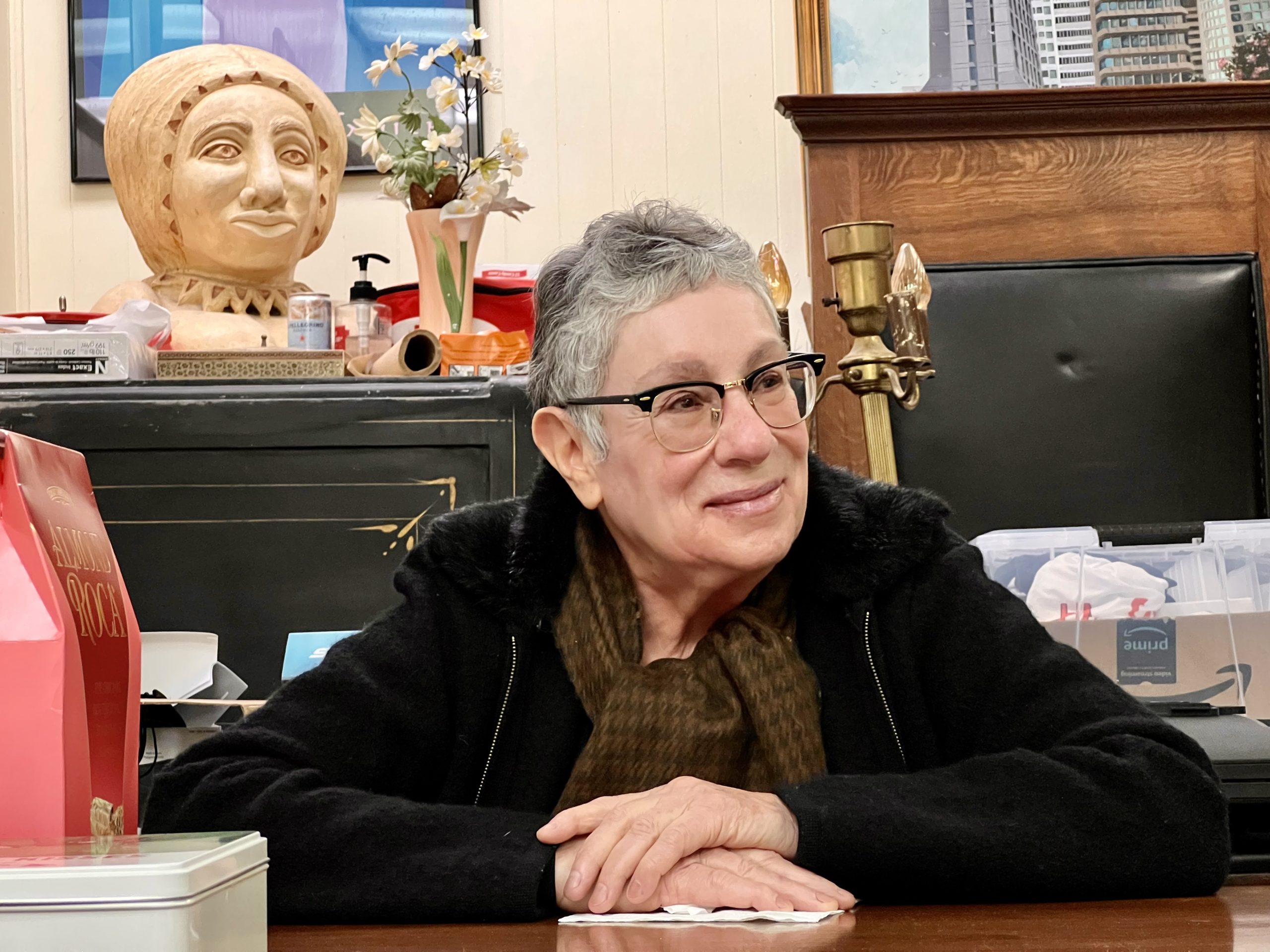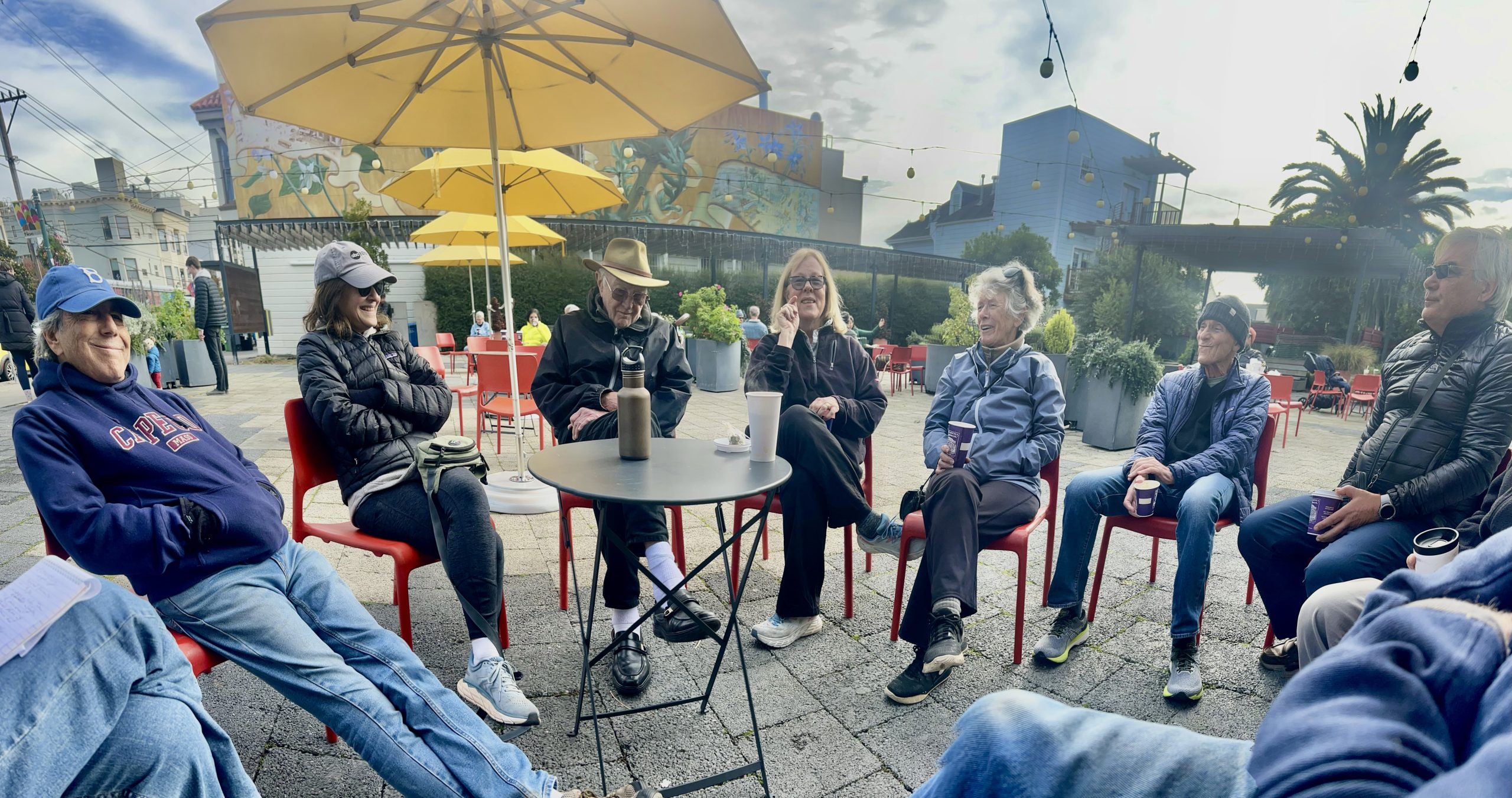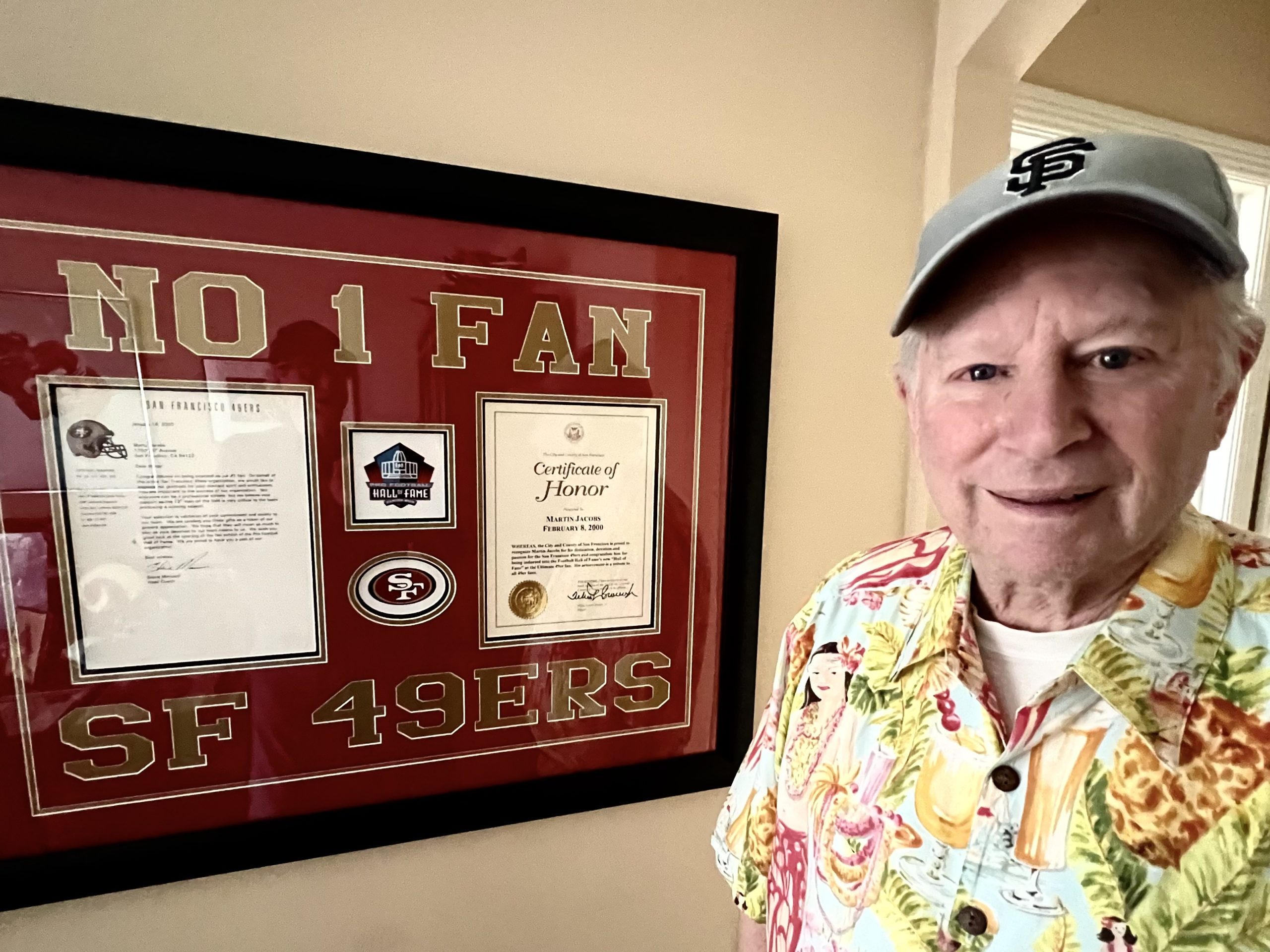True grit – and a good car – gets her through farm life, earthquakes, tsunamis and an overseas job

In March, 1964, a 9.2 earthquake and multiple tsunamis hit Kodiak, Alaska. Fran Roberts was 38 and working there as draftsperson for the government. She was as much concerned about saving her car as her life.
“You had to have a car to get around, and I had just been to the States to buy a new Volkswagon Bug and have it shipped up there,” she said. “If my car was ruined, I’d have to wait a year to buy a new one.”
So, as Roberts was running hither and yon following military orders to get to higher ground, she was also pleading with military vehicles to help pull her car. “At one point I was sitting in my car and water came up to my chest. I thought I was going to drown.”
After the tsunamis stopped, Roberts started bailing saltwater out of her car. “It was then that I got to work,” she said. “The VW Bug came with a packet of tools. I took out each piece of the motor, cleaned it, and laid it out in the order I removed it. When they were all cleaned, I reassembled the parts from last to first.”
Roberts succeeded in restoring her car with the same grit and determination that had defined her life until that point. “We lost our house in The Depression when our father deserted the family,” she said, “I saw my mother pick herself up and do what she had to do to keep us four kids fed and clothed.”
From earning a scholarship to a high-school boarding school to a long government career as a draftsman to owning multiple homes in the Bay Area, throughout her travels, living her life as a single woman, Roberts, 92, always saw the rainbow – not the clouds.
Her Irish blue eyes sparkle with a keen intelligence that has guided her adventures from Kentucky to Washington, D.C., Guam, Alaska and finally to San Francisco. “I kept moving to get a better job and make more money,” she said.
Getting ‘too countrified’
Roberts was born in Kentucky in 1926. Her mother’s great-great grandfather, Elder John Rice, born 1760, the first Baptist minister to be ordained in Kentucky, became the first Baptist minister of the Shawnee Run Baptist Church, about 30 miles from Lexington.
After her father’s desertion, her mother’s widowed uncle needed a housekeeper. Uncle Mitt had a grand southern farm house located about a mile from the small town of Wilmore, Ky. “For me, life on the farm was a child’s dream. I roamed the acreage of the large farm, watched the farm hands work, loved all the farm animals, and watched things grow,” Roberts said.
Even though it was the heart of the Depression, the Roberts family thrived. “We had plenty of food because we grew everything except coffee and sugar,” she said. “We gave platefuls of food to ragged men who wandered by and always had guests drop by unannounced on Sundays.”
Grade school was a one-room schoolhouse. Being unaware of the other children’s extreme poverty, Roberts thought their dress was a lark. “I also wanted to wear burlap on my feet and adult clothing that came down to my ankles.”
But Roberts’ mother, worried her daughter was getting “too countrified,” sent her to live with an aunt in Mattoon, Ill., where she attended the fourth grade . There, she was expected to excel. “Everyone talked faster and sharper, but I was more advanced in all studies except math and music,” Roberts said. She did excel, but missed the country life.
She returned home after a year to find her mother’s circumstances had drastically changed after Uncle Mitt’s death. “My mother took any work she could get,” she said. “After being forced out of a bookkeeping job, mother went to Nicholasville, six miles away, to work as a clerk in the County Court House. She had taught herself to type.”
Roberts’ mother then got a better job translating county records from Old English and re-typing them. “There was no parent to watch over us from 6 a.m. to 6 p.m., and my youngest brother became a street kid and eventually got into a lot of trouble,” she said.
Take me to the orphanage
Roberts felt overwhelmed caring for her brother and taking care of household chores. “At one point, I asked my mother to put me in an orphanage,” she said. “That didn’t go over well with the relatives. They said I hurt my mother’s feelings.”
Also bursting with ambition for a better life, Roberts was energized when she overheard a girl in her class talking about a scholarship to a girls’ boarding high school in Midway, Ky. When the girl turned the scholarship down, Roberts applied and secured her ticket out of Wilmore. “My mother didn’t want me to go because I was her helper,” said Roberts, “but my drama teacher made the case for future possibilities.”
Four years at Midway Academy gave Roberts the chance to shine. She rose to the top academically and demonstrated assertive skills as squad leader of her basketball and volleyball teams. Seeing her potential, Roberts said her teachers advised her against taking shorthand, saying, “They’ll make a secretary out of you and that’s not your calling.”
In her senior year in 1944, government officials visited the school and selected Roberts as one of four girls to work in the Veterans’ Administration in Washington, D.C. “I was so excited,” Roberts said.
She started as a clerk in the personnel office. She wasn’t a fast typist. But she did have some library experience, so she was assigned as an assistant in the general legal and medical reference library. “I loved being around doctors and lawyers – smart people. It was a great learning experience.”
Working her way up
She supplemented her income working nights in a movie theater and weekends in Lerner’s department store. She still found time to have fun with friends picnicking and going on bike rides.
In Washington, D.C., homeowners rented out rooms to get by and would even sleep in their basement if it freed up more space to rent. Roberts went from room to room and finally to the “luxury” of a rooming house. “At one point, I slept in a closet. Another time, I had to share a bed with another young woman.”
During her time in the Capitol, Roberts became engaged, but decided not to marry because of her chaotic family situation. “I broke that boy’s heart. In the future, I promised myself I would always tell anyone I dated that I had decided not to marry.”
At 21, her stellar work record landed her a clerking job in Guam. “I had never heard of Guam, had no idea where it was, but I wanted to make more money, and they were offering a 25 percent raise with no taxes,” she said. Her first year was not the best time in her life. “I got there with 10 cents in my pocket. I was 2,000 miles from home.” All she was thinking about was the money. “I did what I had to do.”
Roberts started dating an engineer who taught her drafting. “I loved geometry in high school, and drafting looked like it was based on those principles,” Roberts said. They obtained permission to use the drafting office after hours, and Roberts was on her way to a new career. After her clerking contract was up, she was offered a drafting job on probation. Instead, she moved to Dayton, Ohio, to be near her mother, whose second husband had just left her. “It was my greatest desire to always take care of my mother.”
A dream job at last
Hoping to buy her mother a house, she had saved up $3,500 for a deposit. But she almost lost it thanks to an unscrupulous real estate broker. “It was then that I learned I had to toughen up and not be so naïve and trusting.” Once she settled her mother in a house, Roberts returned to Guam, completed her probation, and became a full-fledged draftsman. “I was a natural. I loved the type of work engineers did. I was welcomed into their circle. I had a new, wonderful life.”
Yet in four years, she found herself becoming restless. In 1956, she got a job in the Presidio in San Francisco drawing construction plans and wiring diagrams. After four years there, Roberts applied for and landed a draftsman job in Kodiak, Alaska, working for the Navy. She loved the work and the outdoors. She went camping and fishing. “I had a gun but never killed anything. And a friend gave her a dog, half-wolf, because she thought Roberts was lonely.
“I was lucky. Kodi was fiercely loyal and protective and saved my life when I tried to go near wild horses,” Roberts said. “Apparently, male wild horses don’t like the scent of women and they will attack. Kodi jumped up on my chest and kept pushing me away. I knew she was warning me off.”
After 13 years in Kodiak, Roberts began suffering pain in her hand that hindered her drafting abilities. So she became a realty specialist, working in the acquisition and management of property. After a year in that position, she returned to the San Francisco and snagged the one opening for a realty specialist at the Presidio. She oversaw the permit process of the use of military property by non-military personal, a movie production, for example, and handled all legal correspondence. “I needed to know Army regulations to protect the military against legal action,” she explained.
Since retiring in 1984, Roberts travels, attends exercise classes through City College San Francisco, and spends time with friends she meets in senior centers in San Francisco and in the East Bay. She lives in both places, spending the weekends in Albany. She drives her Toyota Matrix across the Bay Bridge to the Albany home that was her mother’s until her death at 95. “I also have my pickup truck in Albany so I can cart stuff for the yard. Cars still mean so much to me.”





